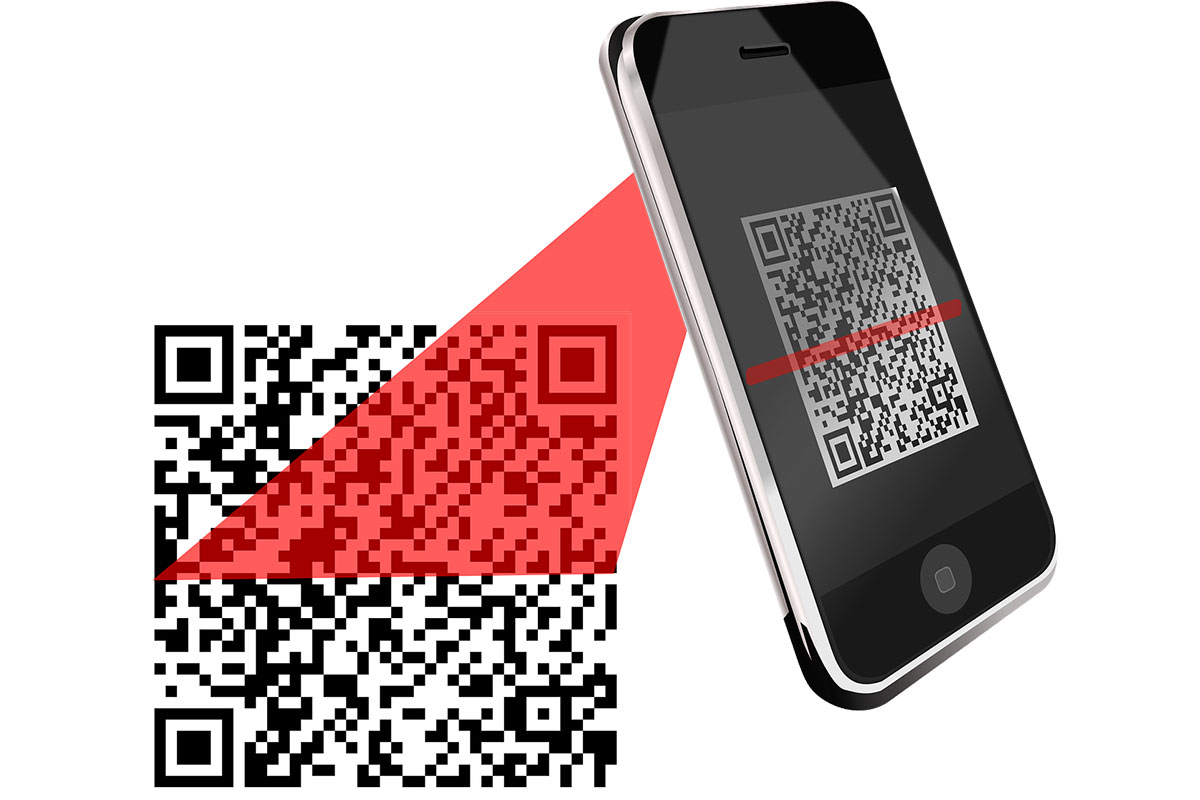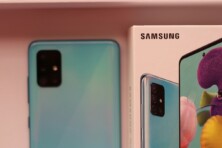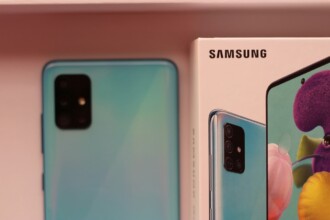IMEI (International Mobile Equipment Identity) is a unique 15-digit code assigned to every mobile device. This code allows for the identification of a specific device on a network.

When a phone is lost or stolen, the owner can report it to their carrier, who will then add the device’s IMEI to a blacklist.
An IMEI blacklist is a database that stores IMEI codes of stolen or lost devices. When a device is on this list, it becomes useless to thieves because carriers refuse to provide network access to it.
How to Check if My IMEI is on a Blacklist
To make sure that your device is not stolen, you need to perform an IMEI blacklist check. This process is easy and involves a few simple steps:
- Get your device’s IMEI:
- Dial *#06# on your phone’s keypad. The IMEI code will appear on the screen.
- Alternatively, go to your device’s settings, find the “About Phone” or “About Device” section, where you can also find the IMEI code.
- Choose an online service to check:
- One of the most popular and reliable services is IMEIcheck.net. This service provides fast and accurate results.
- Check the IMEI:
- Go to the IMEIcheck.net website.
- Enter your IMEI code in the specified field.
- Click the “Check” button or a similar option to start the process.
- Review the check results:
- Within a few seconds, you will receive the check result.
- If your IMEI is not blacklisted, you will see a message indicating that your device is clean.
- If the IMEI code is blacklisted, the service will notify you, and you can take the necessary actions (e.g., avoid purchasing the device or contact the seller for more details).
How Does the IMEI Blacklist Work Internationally?
The IMEI blacklist operates differently in various countries. Some countries have national databases that are not always linked to international databases. This means a device blocked in one country may still work in another if those countries do not share a common database.
For example, if a phone is stolen in the U.S. and its IMEI is blacklisted by American carriers, it may be useless in the U.S. but can still function in another country where its IMEI is not blocked.
IMEI Fraud and Ways to Protect Yourself
There are instances of fraud where unscrupulous sellers change IMEI codes on devices. This is done to hide the device’s history and sell it as new or legitimate. Buyers should be cautious when purchasing devices from private sellers and always check the integrity of the packaging and the match of serial numbers on the box and in the phone’s settings.
What to Do if Your Device is Blacklisted
If your device is blacklisted, it could be due to theft, loss, or fraud. The first step is to contact your carrier to determine the reason for the IMEI block. If the device was lost or stolen, the carrier can confirm this. If your device is blacklisted by mistake, prepare documents proving ownership of the device, such as a purchase receipt, warranty card, or box with the serial number.
Next, submit a request to have the IMEI removed from the blacklist. This can take some time as carriers need to verify and confirm your information. If you find that the device you were planning to buy is blacklisted, avoid the purchase and inform the seller. Buying such a device can lead to issues with its usage in the future.









